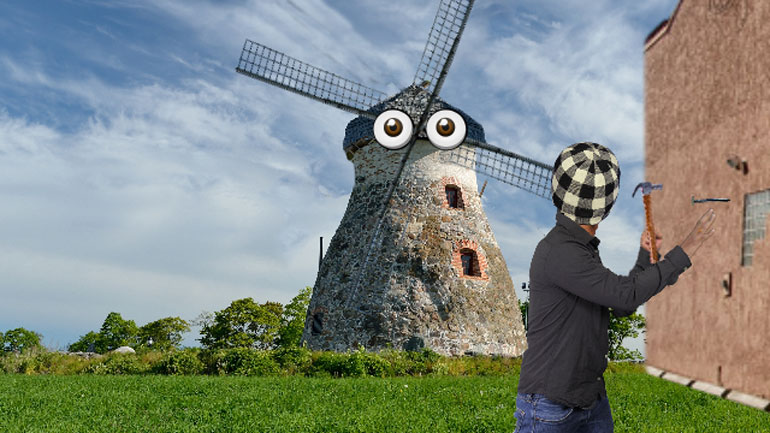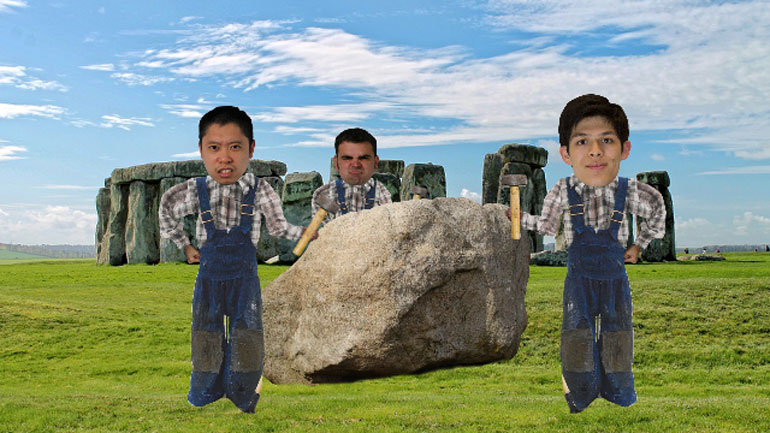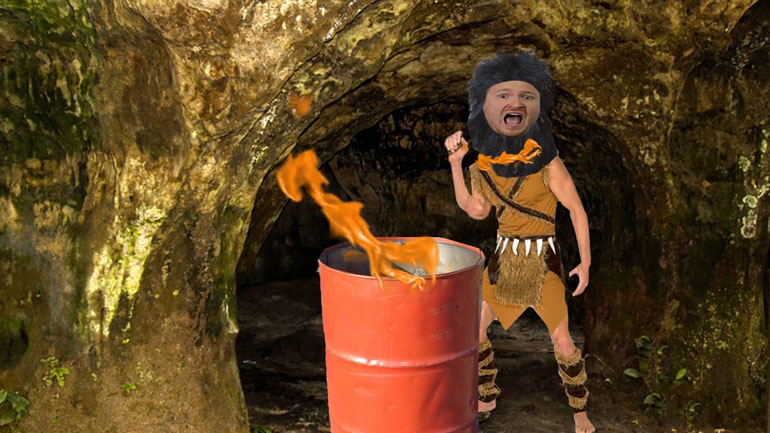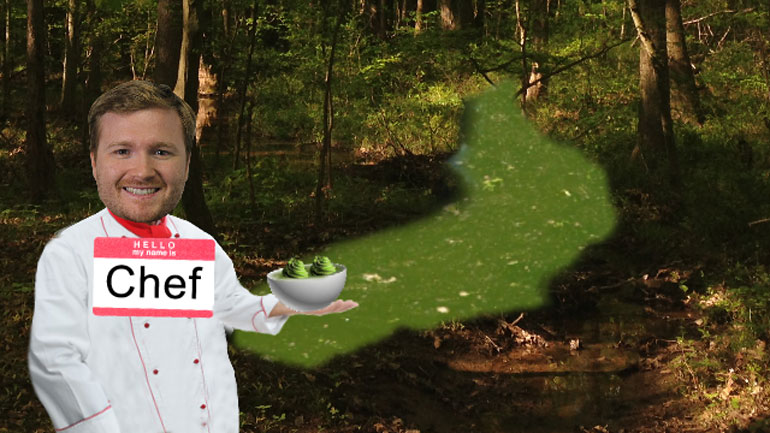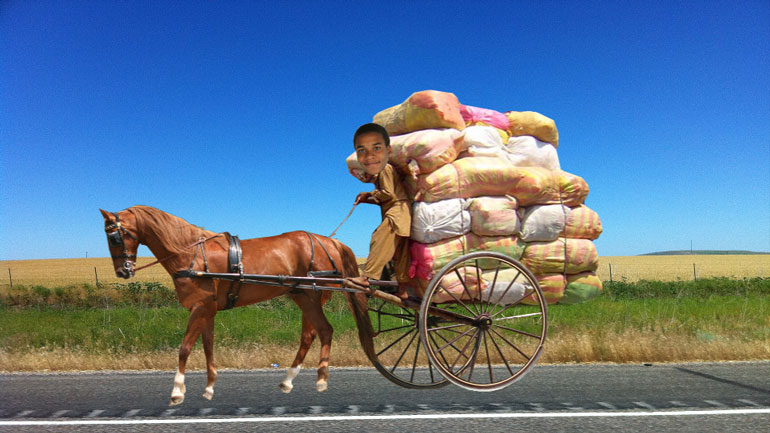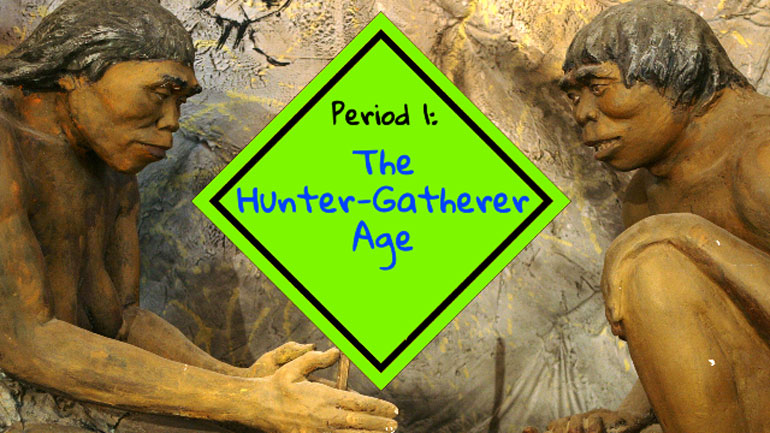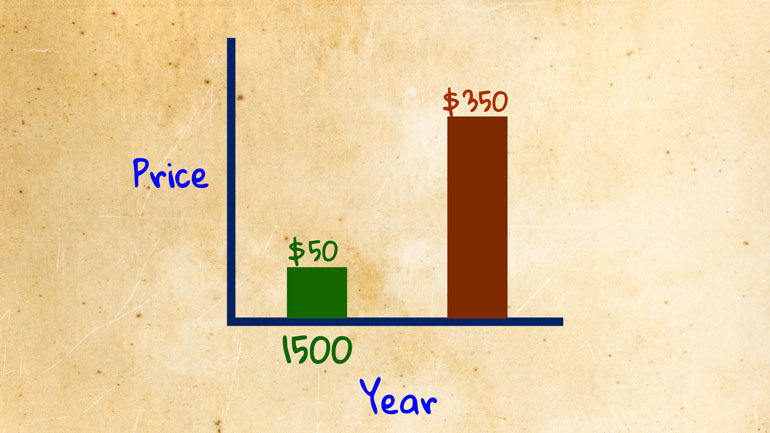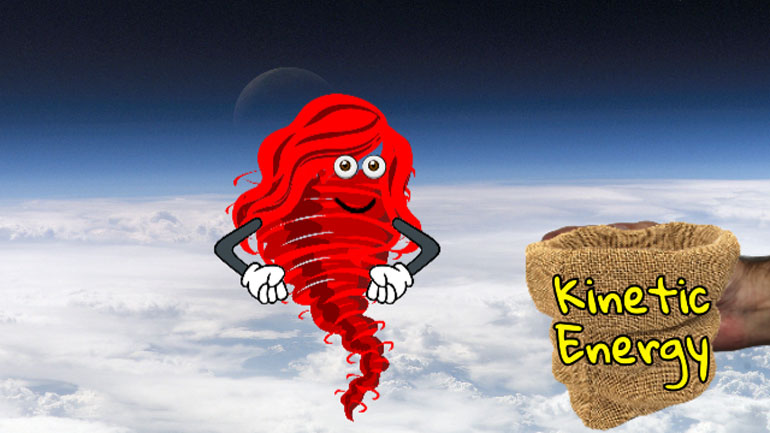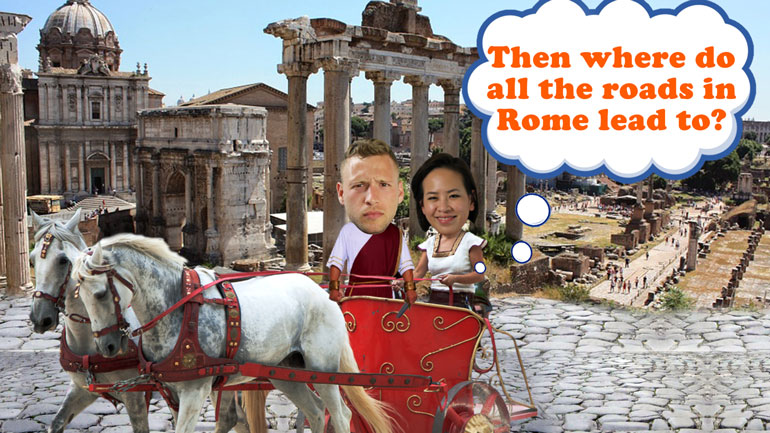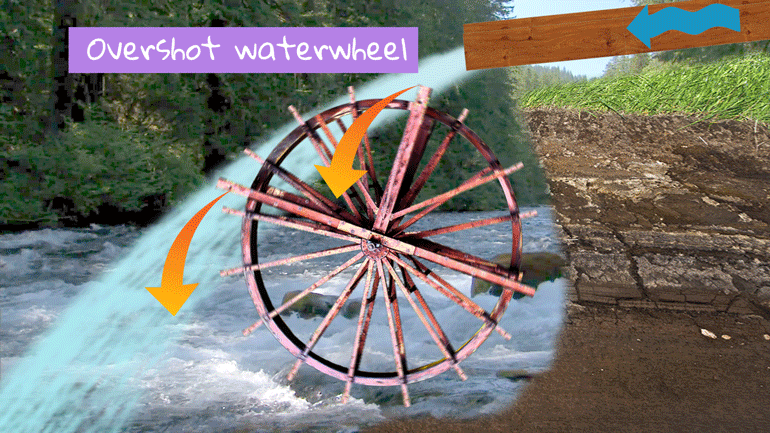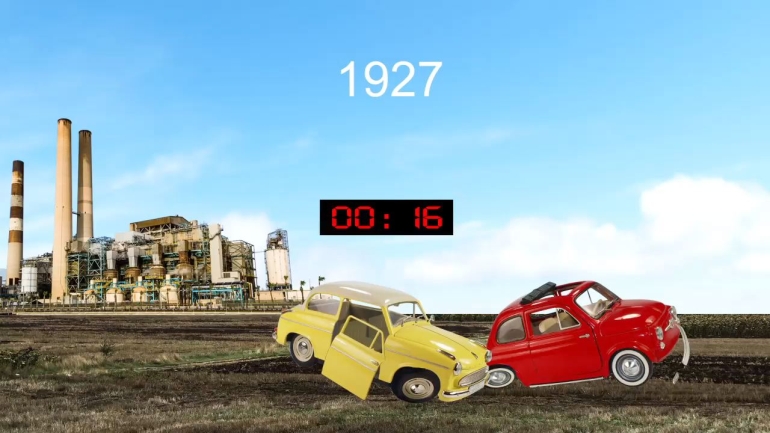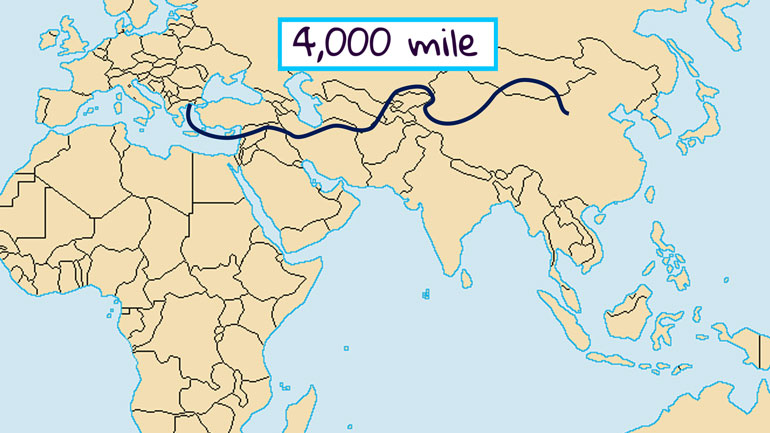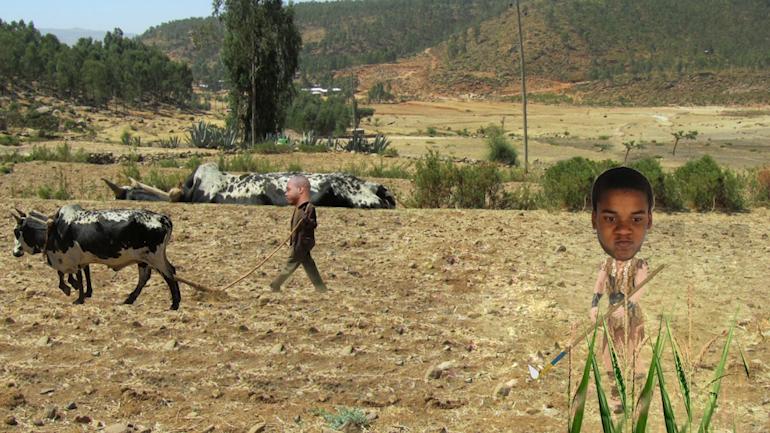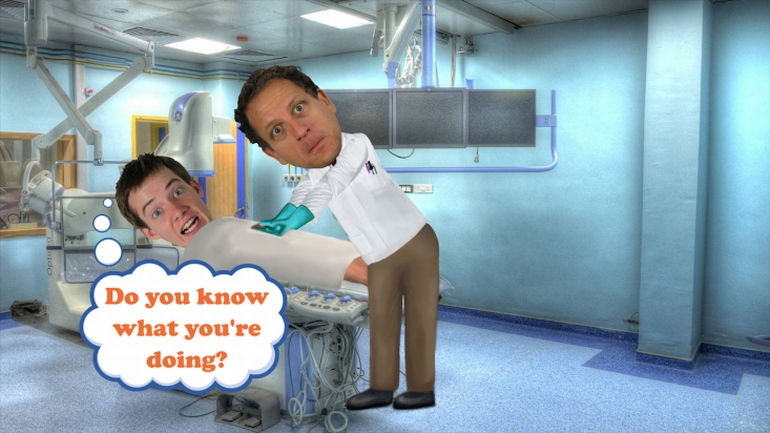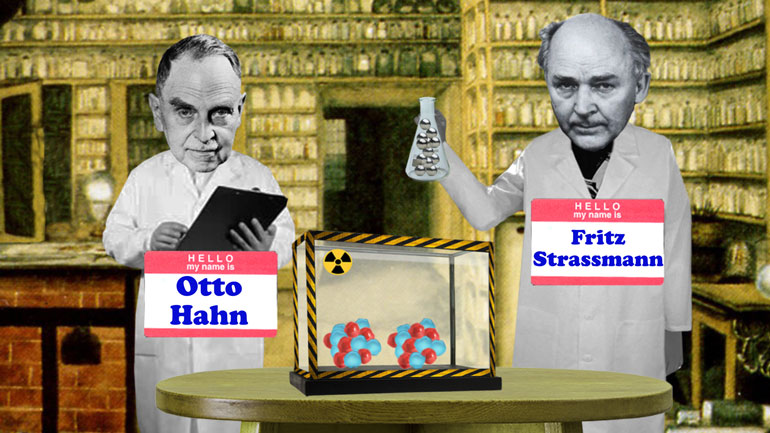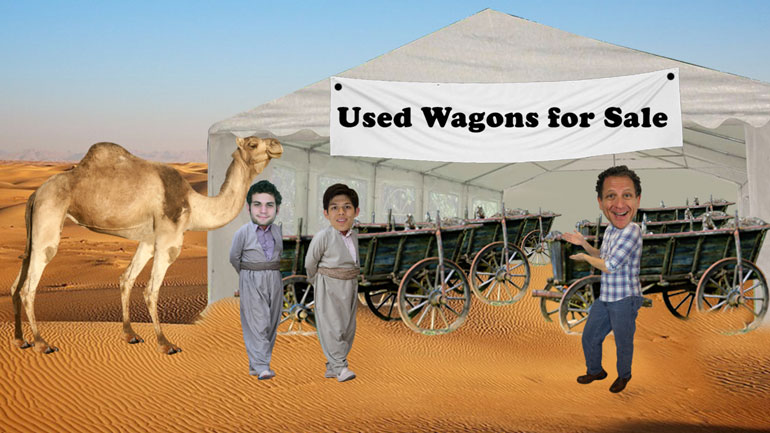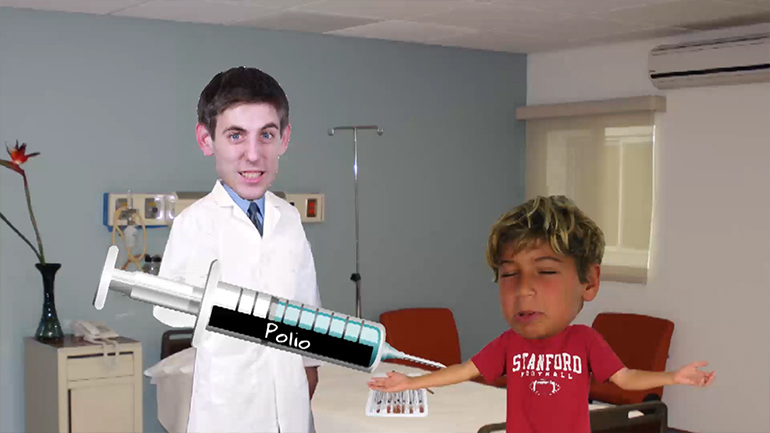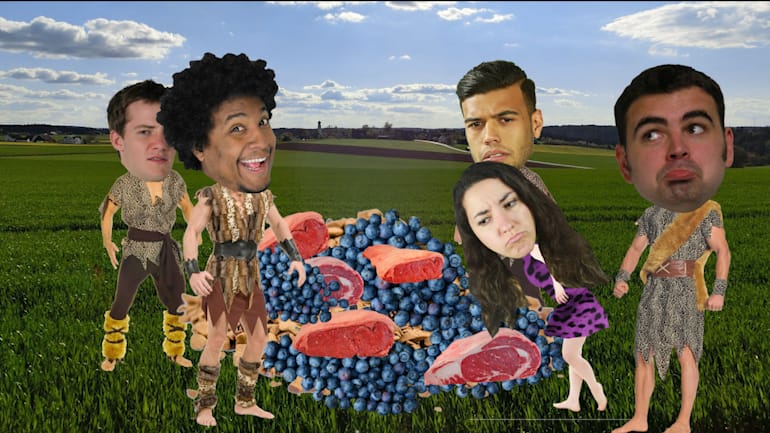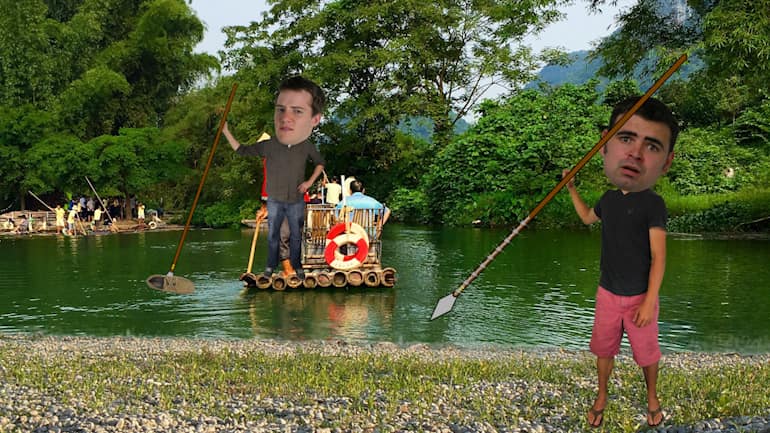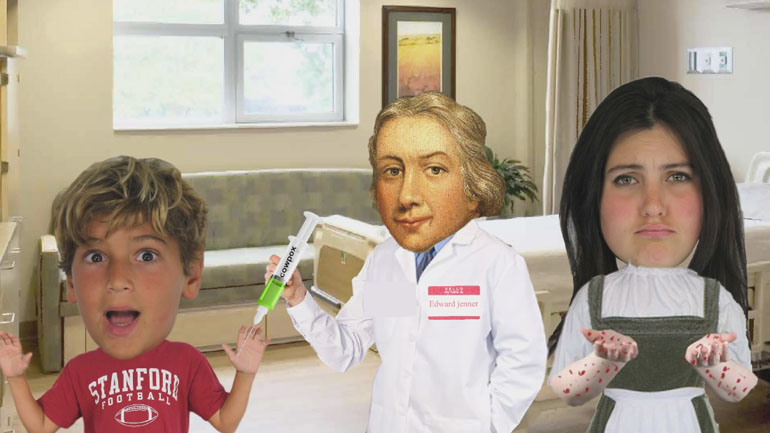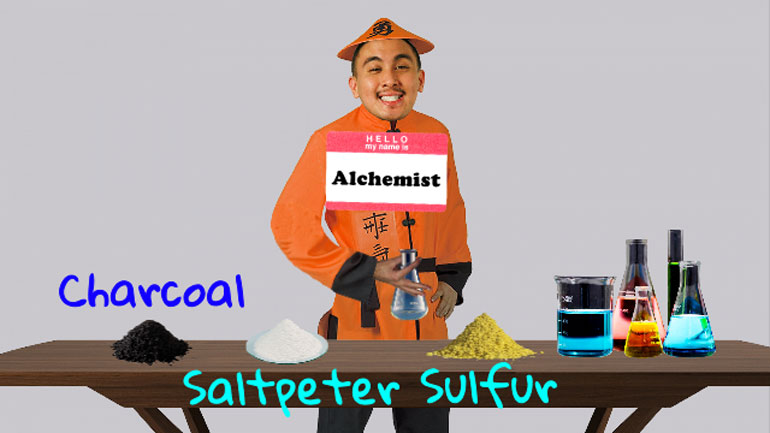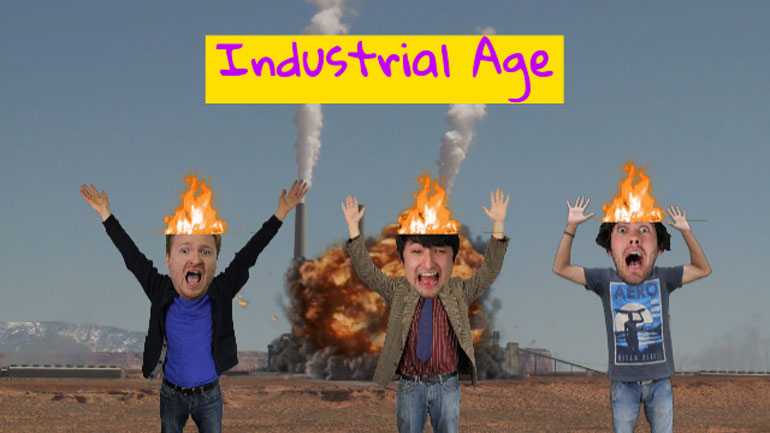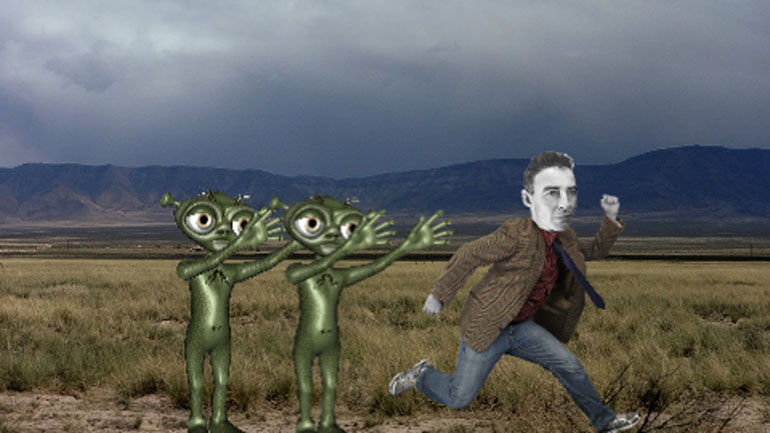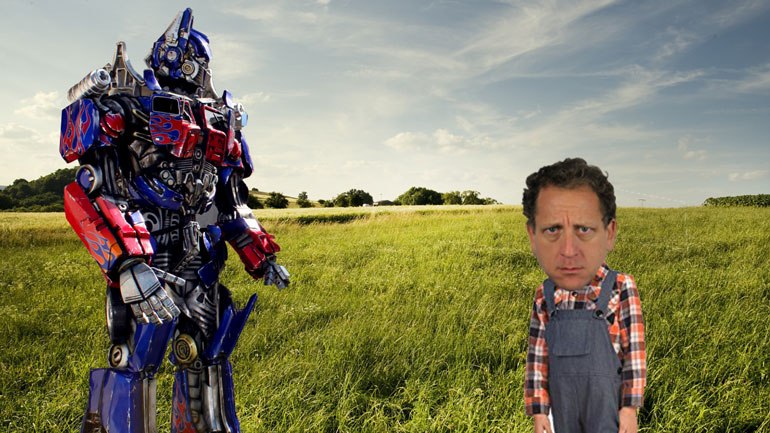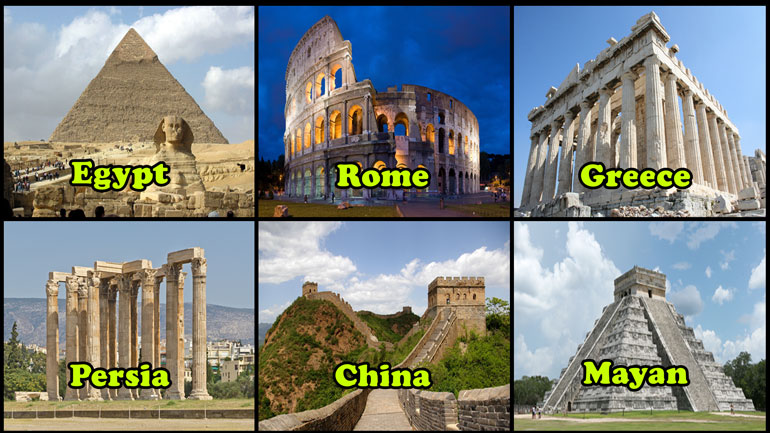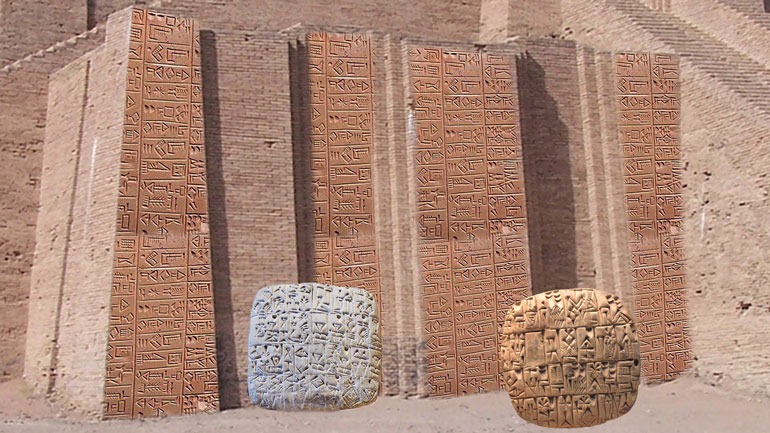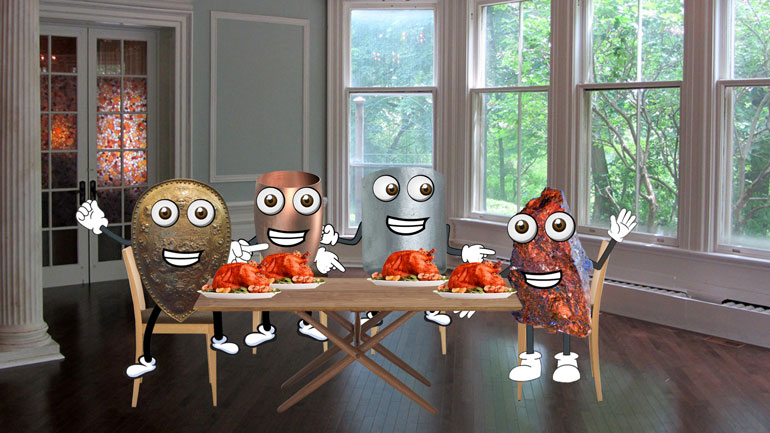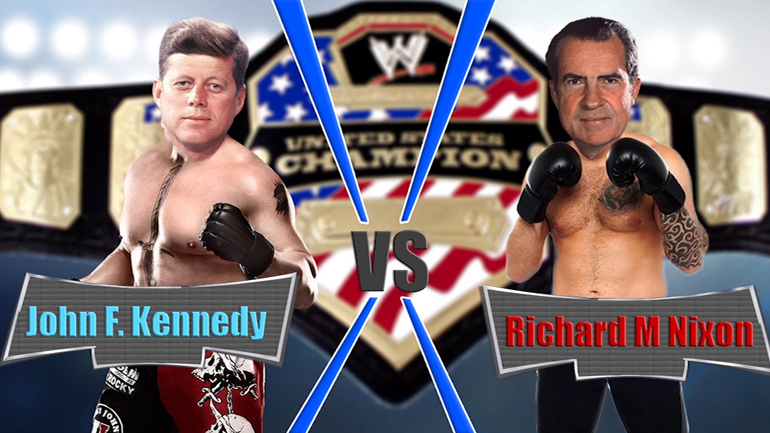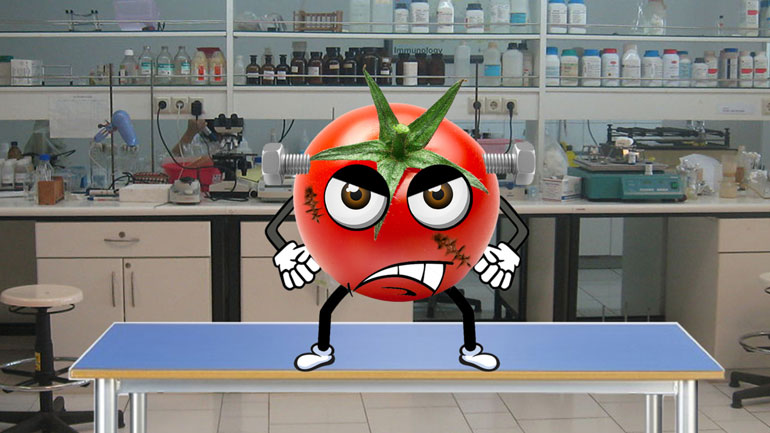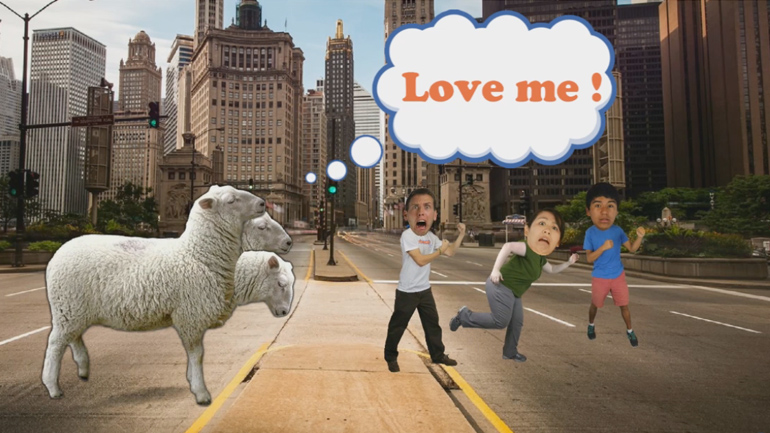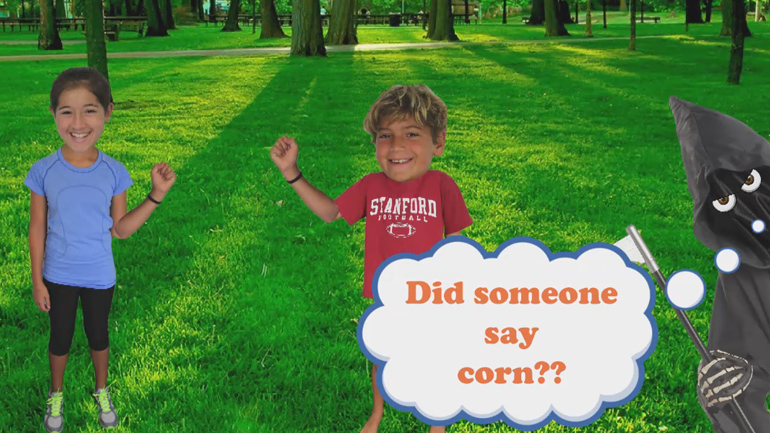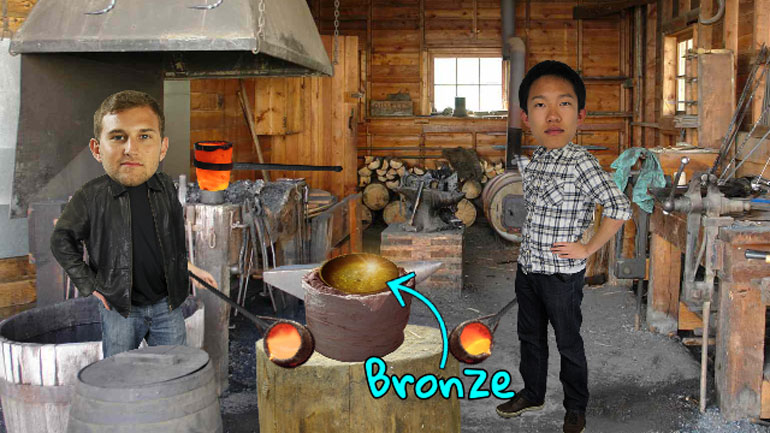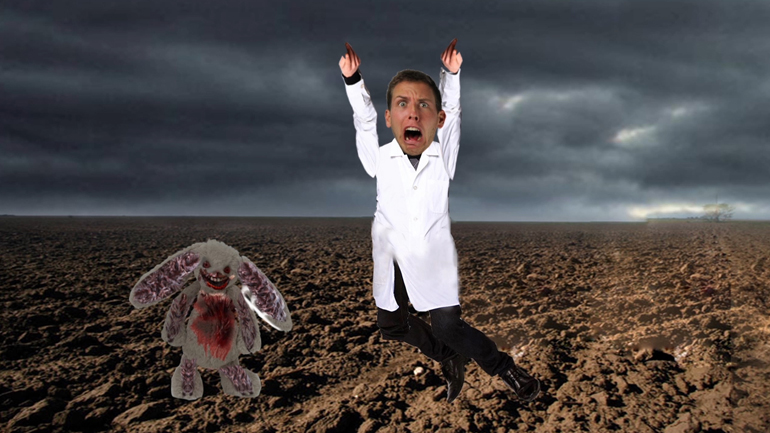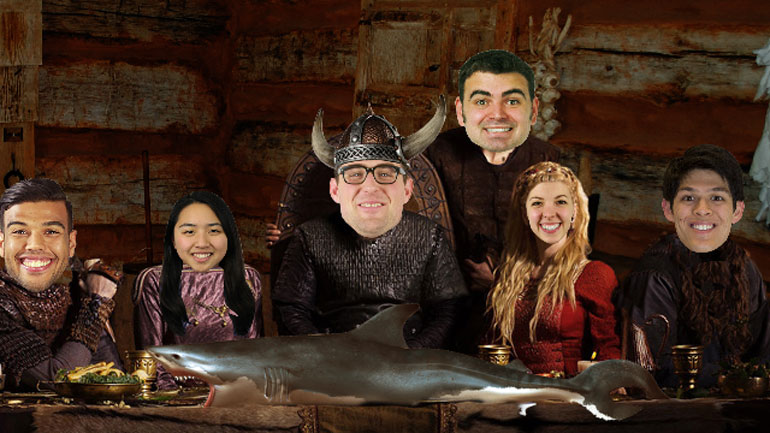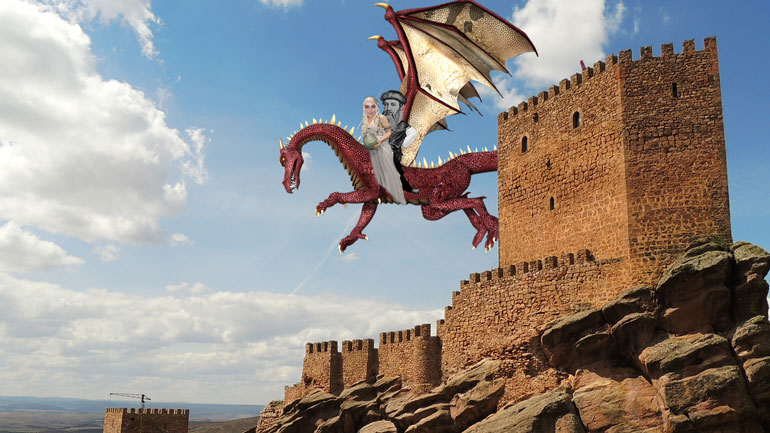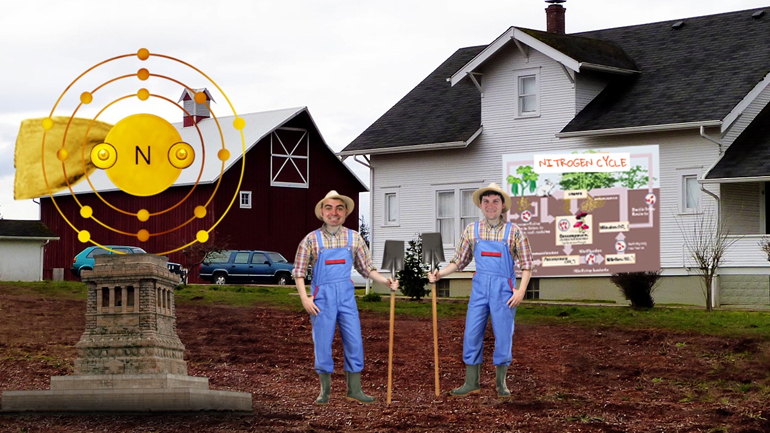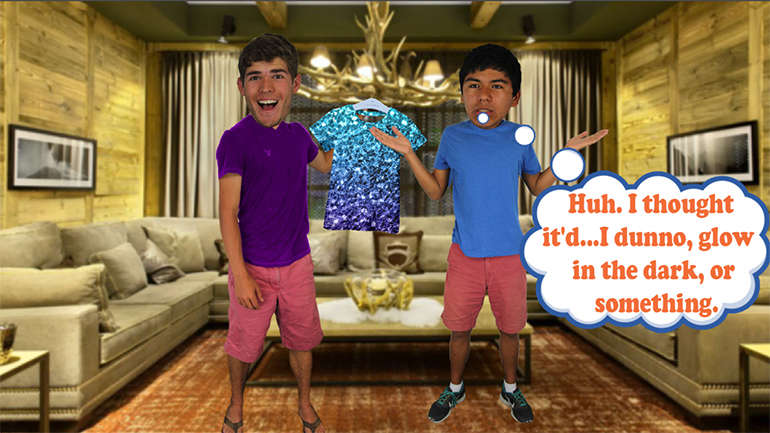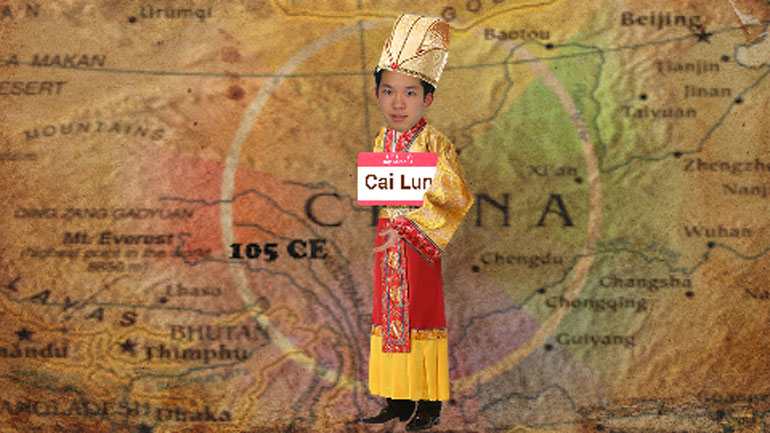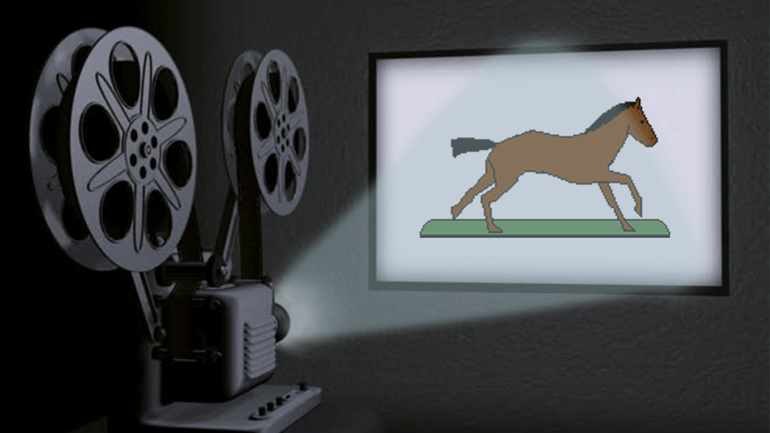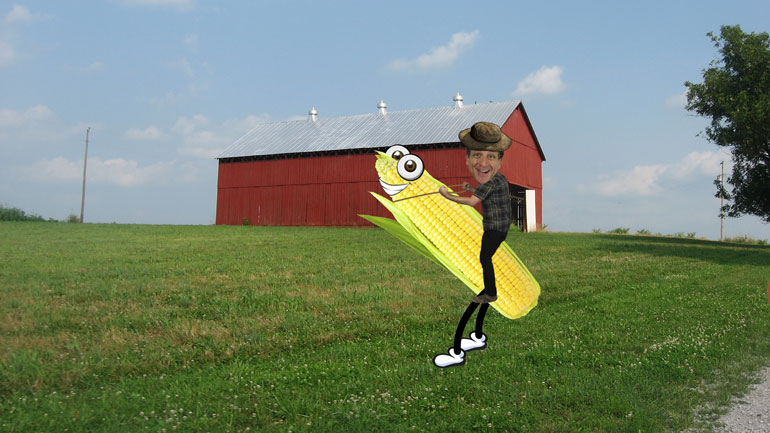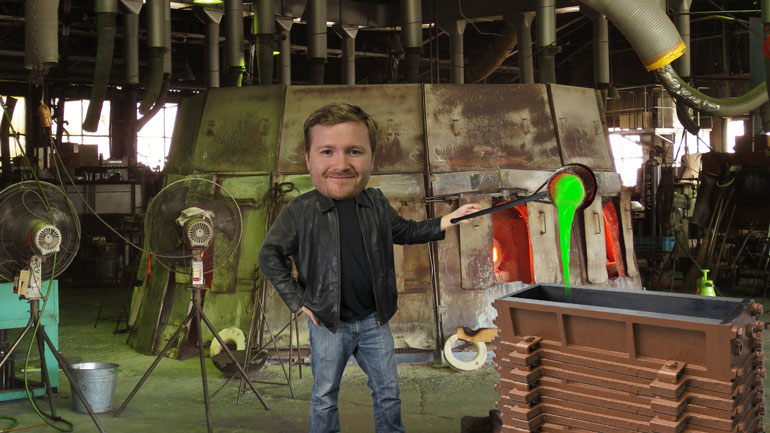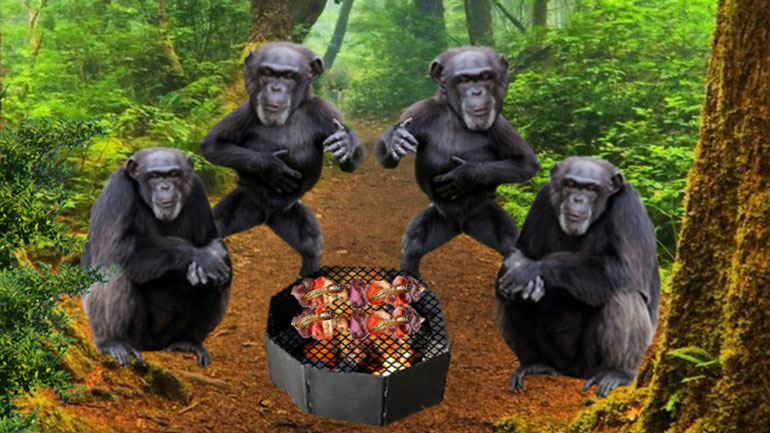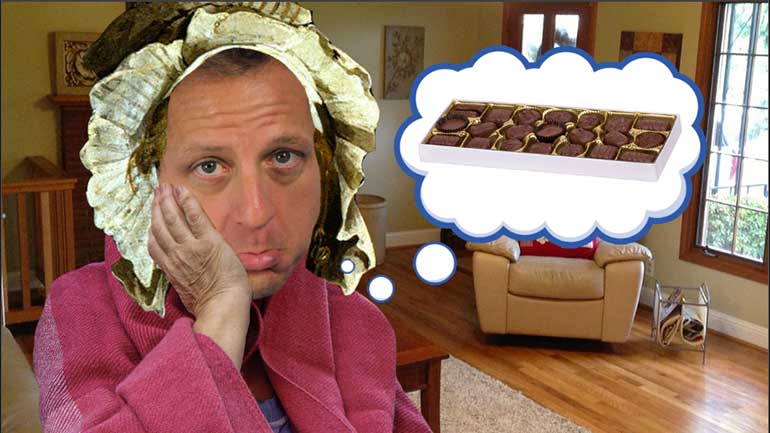ShmoopTube
Where Monty Python meets your 10th grade teacher.
Search Thousands of Shmoop Videos
History of Technology Videos 160 videos
What's the deal with wind? And why does it have to be so...windy?
How did people move stuff around before the wheel was invented? More importantly, why didn't they take a break for a few minutes from moving stuff...
History of Technology 3: Monsanto and Toxin Resistant Crops 5 Views
Share It!
Description:
Toxin resistant crops sounds like something straight out of a Marvel movie. ...Actually, we'd watch that movie. Have your people call ours, Marvel.
Transcript
- 00:00
Shmoop! Agriculture, well corporations and scientists were chomping at the bit to
- 00:07
use our DNA, to change the DNA of Crops. Because you never know there could have
- 00:13
been a huge market for glow-in-the-dark corn. Well the very first genetically
- 00:18
altered plant to hit the market was called, the flavor saver tomato. Popping
- 00:24
up in 1994, the flavor saver was super popular, for a hot second at least. The not [tomatoes on shelf in store]
Full Transcript
- 00:29
so mad scientist, who invented the flavor saver, altered its DNA, so that it would
- 00:34
stay riper for a longer period of time and rumor has it that they actually
- 00:39
tasted pretty good. Way to go Franken tomato. Unlike most genetically
- 00:45
modified foods in America today, the flavor saver was labeled as a GMO, meaning a
- 00:51
genetically modified organism. If you slapped in a pair of bolts in it would
- 00:56
have scared too many people off. Well regardless, consumers totally knew
- 01:00
what they were getting. Because the company was transparent about the whole
- 01:03
thing. There were still critics who said, that it was too early, to be marketing [people rioting with posters]
- 01:06
GMOs, there hadn't been long-term testing. What if the flavor saver caused cancer,
- 01:12
or scrambled human DNA. Turning us into half human, half tomato monsters? Well
- 01:18
unfortunately, we never got to find out. Yep, unfortunately, how cool would be if
- 01:23
being a half human, half tomato being. Well that begs the question, would [man wearing a tomato in an Italian restaurant]
- 01:28
eating marinara be considered cannibalism? Anyway the company that made
- 01:33
flavor savor didn't last to long. It was bought out by Monsanto, a mega
- 01:37
corporation that's now one of the kingpins, of GMOs, herbicides and
- 01:42
pesticides. No one's seen a flavor saver since they bought them out. Though they
- 01:46
may be lurking in a Monsanto basement somewhere. Well pop that thing up on eBay [crate full of tomatoes]
- 01:51
we bet it would make a fortune. Well one of the big things that corporations like
- 01:54
Monsanto started experimenting with, was the ability to have plants that just
- 01:59
naturally produced pesticides. Wait, what? What kind of black magic is
- 02:05
that? Well it turns out there.this bacteria called, Bacillus thuringiensis
- 02:11
or BT, which produces a toxin that kills bugs and guess what, those evil sorcerers,
- 02:17
we mean scientist, figured out how to make corn, cotton and potatoes, that have
- 02:22
BT already inside of them. Farmers all over the world, have been growing them
- 02:27
like crazy and then they're still controversial. Because come on, plants
- 02:31
infuse with the traits of a deadly bacteria. That sounds like a horror novel [man in wheat field with live bush]
- 02:36
just waiting to happen. BT fans say, these kind of crops make
- 02:41
more food and reduce the need to spray pesticides. But critics say that BT crops
- 02:47
will kill all the nice species of bugs like, monarch butterflies and Charlotte, from Charlottes
- 02:52
Webb. Yeah try living with that death on your conscience. Well they also say that
- 02:58
a lot of pests, will become resistant to the toxin. So there's no simple answers
- 03:02
here and may mean world destruction, or it may mean nothing at all. [man beating on computer]
- 03:06
Another majorly successful experiment for Monsanto, has been making what they
- 03:10
call, Roundup Ready crops. Basically once they had crops that killed bugs, they
- 03:16
needed cross that were resistant to herbicides. The idea was that farmers
- 03:20
would spray their whole field with herbicides and only their genetically
- 03:24
modified crops would be able to survive, leaving the weeds to die in drove. That's [corn field]
- 03:30
exactly what Monsanto made, there are now varieties of corn, soybeans, canola,
- 03:34
alfalfa and cotton, that are totally resistant to glyphosate, the main poison
- 03:39
in roundup, from Monsanto's herbicide. In 2010, more than 70% of the corn grown in the
- 03:44
US, was Roundup Ready. Yep Monsanto might as well go ahead and smack its
- 03:49
label on the entire US. It's probably no shock that there's some controversy here.
- 03:53
Some people think herbicide resistant plants, let farmers use more and more
- 03:57
herbicides, which could hurt the environment. Plus they worry that Roundup
- 04:01
Ready crops might not be safe for humans to eat. Monsanto of course says its opponents
- 04:06
are overreacting and need to take chill pills and inside sources say that
- 04:10
Monsanto is already working towards cornering the market on chill pills. [woman scientist in lab]
Related Videos
GED Social Studies 1.1 Civics and Government
When you're about to marry the love of your life, not many things could stop you. However, finding out that your future hubby is keeping his crazy...
Here at Shmoop, we work for kids, not just the bottom line. Founded by David Siminoff and his wife Ellen Siminoff, Shmoop was originally conceived...
ACT Math: Elementary Algebra Drill 4, Problem 5. What is the solution to the problem shown?
